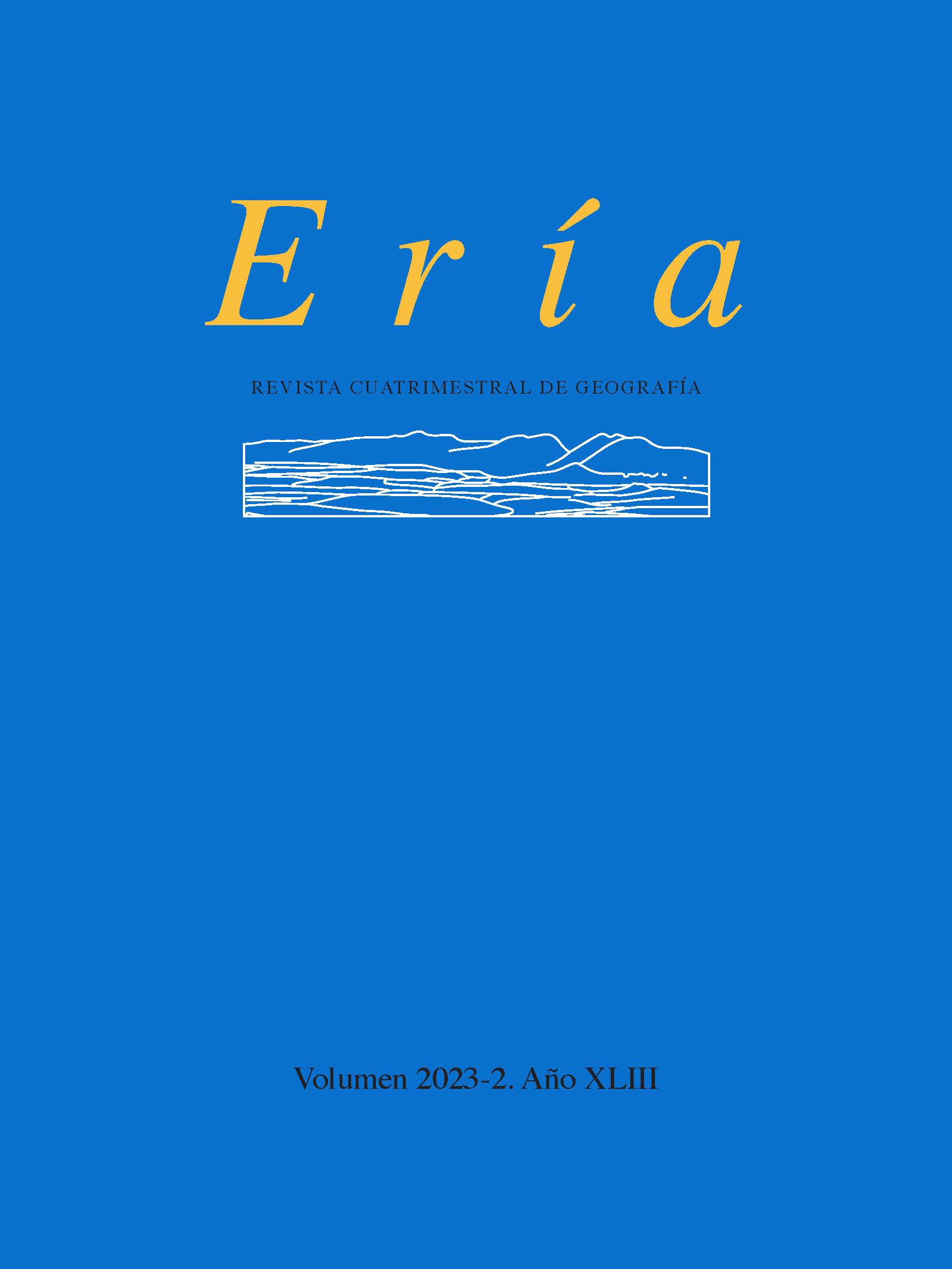Abstract
The problem of depopulation in Spain has led to the term “emptied Spain". According to data from the Spanish National Institute of Statistics in its 2021 Population and Housing Census, out of the eight municipalities with more than 10,000 inhabitants that have lost the most population in the last decade, seven are in Asturias. This depopulation process is strongly associated with deindustrialization and the lack of effective reconversion. The objective of this work is to analyze the repercussions that these processes have had on the population of the Asturian mining areas; and this, specially, in the sense of identity, discourses and imaginaries. The methodology is mixed and qualitative, using semi-structured interviews. The dimensions of identity, discourses, spaces and their transformation from the process of population loss were analyzed. The results show the existence of a society fully traversed by a phenomenon of collective nostalgia at different levels, as well as a territory and a landscape that are composed through the image of ruin and emptiness; to end, an identity built and read through past referents and which seems to remain linked to the industrial past.
References
ALONSO, A. (2020): "Réquiem por la industria de Gijón: pérdida de la identidad colectiva, conflictos emocionales y consecuencias sociales". Sociología del Trabajo, nº 97, págs. 45-58. https://doi.org/10.5209/stra.71111
BARREIRA, E. (2021): "Llenar de oportunidades la España vaciada". Economistas, n°171, págs. 46-53.
BENITO, P. (2022): Resiliencia en espacios desindustrializados: procesos y experiencias. Tirante Lo Blanch, Madrid.
BLUESTONE, B. (1982): The Deindustrialization of America: Plant Closing, Community Abandonment, and the Dismantling of Basic Industry. Basic Books, New York.
COWIE, J. (2003): “The meanings of deindustrialization”, en COWIE, J. (coord.). Beyond the ruins: The meanings of deindustrialization. Cornell University Prees, New York, págs. 1-15.
DAVIES, F. (1979): Yearning for Yesterday: A sociology of nostalgia. Free Press, New York.
FERNÁNDEZ, A., OBESO, Í., & FERNÁNDEZ, M. (2022): "La insuficiencia de la funcion cultural para la regeneración de espacios desindustrializados en Asturias", en BENITO, P. (coord.). Resiliencia en espacios desindustrializados: procesos y experiencias. Tirant Lo Blanch, Madrid, págs. 69-107.
FERNANDEZ, P. Á. (2020): Habitar la ruina: repensar el pasado industrial desde el presente postinsdustrial. Universidad Complutense, Madrid.
LINKON, S. (2018): The Half-Life of Deindustrialization: Working-Class Writing about Economic Restructuring. University of Michigan Press, Michigan.
ORTEGA Y GASSET, J. (1969): El Espectador. Salvat, Madrid.
PANIAGUA, Á. (2011): "Despoblación,identidades y escenarios socioculturales. Algunas lecciones para el conocimiento geográfico". Revista Geográfica de América Central, nº2, págs. 1-14.
PINILLA, V., & SÁEZ, L. (2019): "La despoblación rural en España: génesis de un problema y políticas innovadoras". Informes CEDDAR 2.
RIVERO, J. (2010): "La identidad social en el paisaje urbano: edificando Nenyure", en NIETO, C. (coord.). Ciudad, territorio y paisaje: reflexiones para un territorio multidisciplinar. Consejo Superior de Investigaciones Científicas CSIC, Madrid, págs. 327-332.
SA, M. R., & MOTA, S. P. (2021): "La España vaciada". Revista Rol de Enfermería, nº42(2), págs. 21-32.
SCOTT, D. (2019): Ruine. Invention d'un objet. Les Praires Ordinaires, París.
STRANGLEMAN, T. (2008): “The Remembrance of a Lost Work: Nostalgia, labour and the visual”, en WHIPS, S. (coord.). Photographs of Longbridge and Nanjing. The New Art Gallery, Walssal.
VEGAS, H. (2016): "La teoría fundamentada como herramienta metodológica para el estudio de la gestión pública local". Revista Venezolana de Gerencia, nº 75, págs. 413-426.

